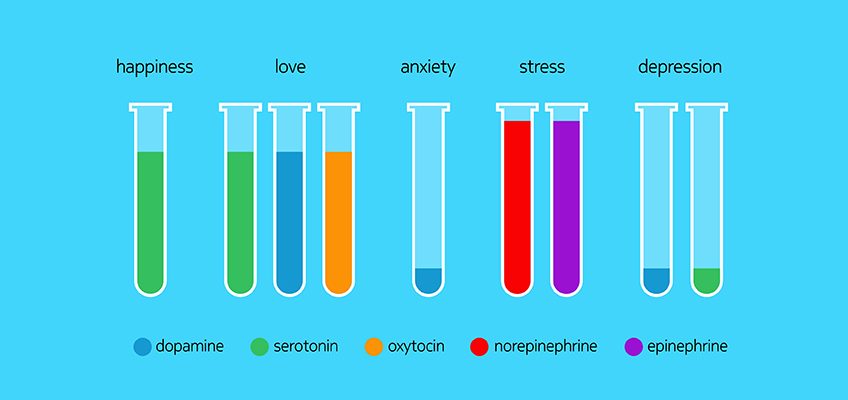By Dan Schwartz
More and more companies in today’s business environment are advocating for employee wellness and even creating resources for employees to take advantage of such as on-site fitness center and lunch and learn programs. Organizations do this in order to keep their employees healthy, which will improve their performance levels and lead to overall company success.
But what many fail to realize is that the one thing that can improve health in the workplace, lower stress and improve company performance, is something that doesn’t require the investment of a company gym or other wellness program. It requires one simple virtue: kindness.
The Merriam-Webster Dictionary defines kindness as:
- a kind deed
- the quality or state of being kind.
Let’s examine the first definition. Doing kind deeds for others, or as I like to call it, random acts of kindness, has multiple positive health effects. First, think about how you feel when you have just done something truly kind for another individual and you receive a positive response. You feel good right? And I am betting that the other person does too. In fact, WebMd.com says that when we commit random acts of kindness, we actually reduce our own stress in addition to helping the other person.
In a study cited in Forbes.com of more than 22,000 employees in 12 global countries, there is a positive correlation between high stress and low employee engagement. In fact, only one out of 10 employees with low stress levels claimed that they were disengaged in the workplace. In addition, the study cited that highly stressed employees took nearly twice as many sick days as low-stress employees, thus having a negative effect on productivity.
What is the lesson here? Be kind to your fellow employees and commit random acts of kindness to decrease stress in the workplace and increase productivity. Doing good deeds for others doesn’t take much effort. It can be as simple as a nice e-mail or offering to buy a co-worker a cup of coffee.
As I have cited my post, “The Nine Traits of the Most Influential People,” kindness is something that ground floor leaders value. Indeed, kindness is something everyone should practice. I challenge you to commit one random act of kindness every day for a co-worker. The positive effects will be enormous, and your personal level of satisfaction will increase dramatically. More importantly, you will have formed a positive connection with a colleague, which can only help your performance in the workplace when it comes time to collaborate with others.
Want to be a catalyst for organizational transformation? Just be kind!
Source: Association for Talent Development.
https://www.td.org/Publications/Blogs/Human-Capital-Blog/2015/09/Is-Kindness-the-Missing-Link-to-Employee-Performance









